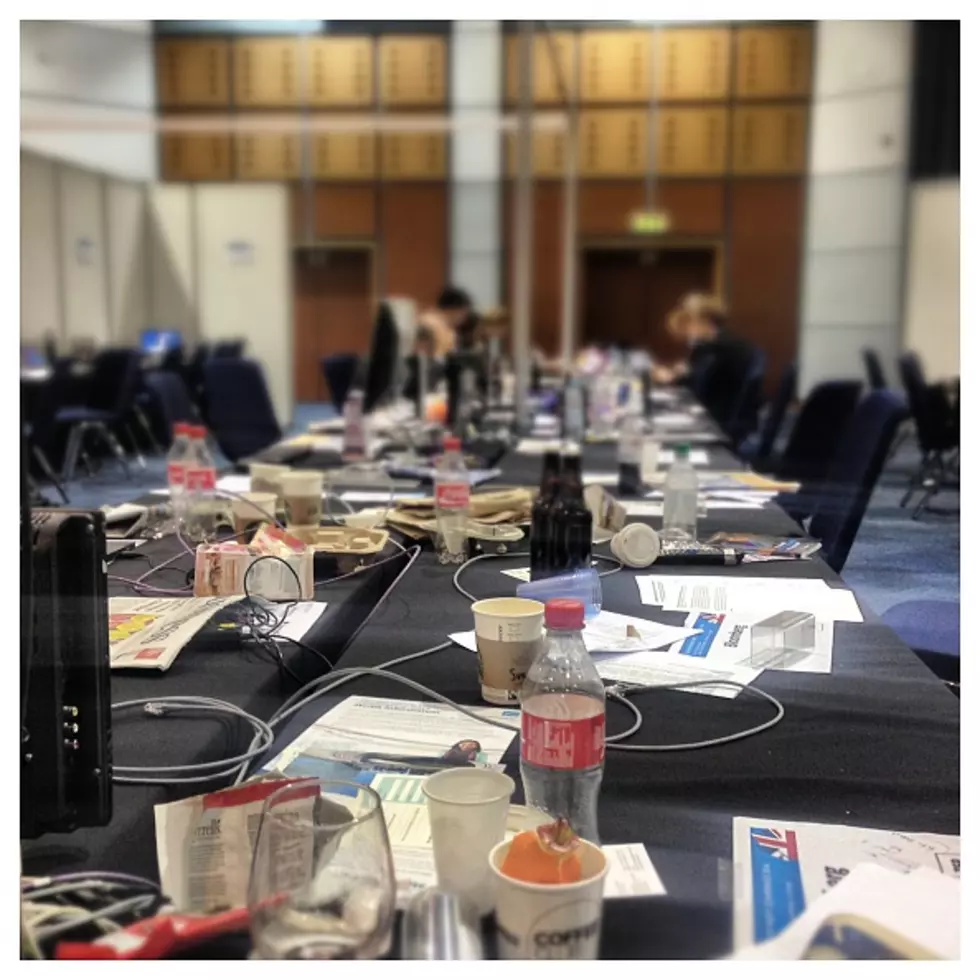
Stepmoms: Got Stress?
Start your own support group and get by with a little help from your friends!
Stepmoms everywhere are forming support groups. If you've already formed a group, kudos to you! However, if you haven’t started yet, please consider reaching out to other stepmoms—they are everywhere!
It's vital for a facilitator to keep the group moving forward toward healing and refrain from allowing the conversation to wallow in negativity or commiserating. Providing comfort to the real and painful issues stepmoms face is essential. However, women won’t join or stay if the discussions are continuously pessimistic and unconstructive.
To help you strengthen and grow your group and keep the conversation headed in the right direction, here are a few tips on what makes a fantastic facilitator.
A Fantastic Facilitator is…
Restored. A facilitator who displays bitterness, revenge or an obsession about her own issues clearly is not ready to lead others.
Compassionate. She must possess a genuine heart for those who are struggling and/or grieving. A hurting person can detect a “just get over it” or “stop whining” careless attitude. This callous demeanor destroys the trust factor.
Not a rescuer. A healthy leader has dealt with her own co-dependency issues and realizes it is not the job of the facilitator to “fix” the other person’s problems. She understands that her role is to listen, share constructive insight and encourage
Not an attorney. Giving legal advice or legal suggestions can get you and others into deep trouble. Referring them to websites, attorneys or other resources is fine, but it’s best to refrain from giving advice.
Not a counselor. We women love to help others, it’s in our nature. However, it’s crucial to remember you are only hearing one side of the story. There may be BIG pieces to the puzzle that you know nothing about.
Able to set boundaries. This includes being able to say no without guilt when necessary. Examples of areas where setting boundaries may be essential are: non-stop phone calls to a facilitator, improper behavior in the group such as vulgar language or attacking the views of other attendees and when someone repeatedly dominates the conversation.
Teachable. Ben Franklin was right, “A man who will not follow should not lead.” If the facilitator feels she already knows all the answers it will be an unpleasant group. Each stepfamily is different. What worked in your marriage may not work for someone else.
More concerned about people than a program. Although the ability to stay on task is vitally important when leading a group, it should never become more valuable than allowing people to grieve and share their situation. This doesn’t mean allowing one person to dominate.
A good listener. A wise small group leader recognizes she should do little of the talking. If a leader repeatedly dominates the conversation or takes the group down “rabbit trails,” she isn’t ready to facilitate.
Confidential. Delicate things often are disclosed in a small group. If the facilitator violates this trust by repeating what was shared, it will have a disastrous effect on the morale of the group. And the women will no longer feel safe and eventually will leave. Mention to the group this is expected of those who attend. You can’t guarantee that each woman will abide, but remember, “Loose lips sink ships.”
Able to receive constructive criticism. No one likes to hear the things they are doing wrong, but a mature person realizes this is necessary for growth. If the stepmoms are not staying in the group, ask one or two to be brutally honest and tell you if it’s something you are doing wrong.
Looking toward healing. A wise facilitator understands that stepmoms need to share their pain, but when the group becomes nothing more than “bashing the bio mom” it’s no longer beneficial—to anyone.
A team player. A “Lone Ranger” mentality will cause division. Make sure to build a team of ladies who can help with various tasks such as planning a retreat or providing snacks or childcare. Unity is a key ingredient in developing a solid, healthy team.
Able to let go. Not every stepmom will stay in the group. If you have done a good job, don’t take it personally.
After three months in a support group, you will be amazed at how the women have bonded and grown. They often laugh more, experience less stress and find hope. Many groups go on trips, vacations and shop together. And YOUR effort to form the group will have played a major part in their recovery and family healing.
This article was written by Laura Petherbridge, author of “The Smart Stepmom” and appears in the April 2011 issue of StepMom Magazine.
Copyright: 2011 StepMom Magazine
More From The New 96.1 WTSS









